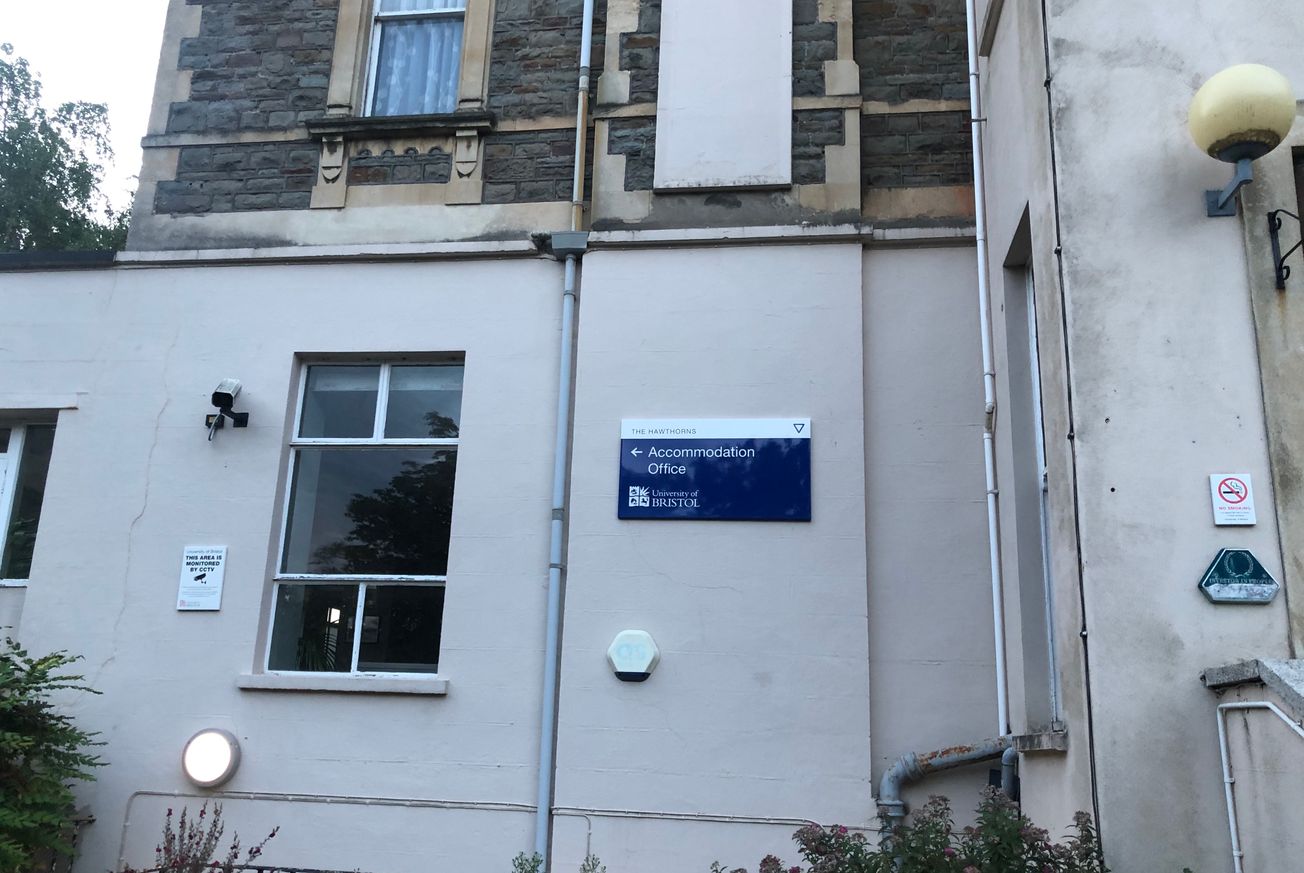By Mark Ross, First Year, French and Politics
In light of the University’s recent plans to erect new student accommodation in Temple Quarter and St Philips, and the poor quality of some existing residences, UoB’s housing priorities are being questioned. The introduction of ‘living circles’, which will entail a group from either a flat, more than a single flat, or a single floor of a Uni hall being bound together, means improving the accommodation they stay in should be the number one priority.
When it comes to accommodation, given the many problems that have arisen in recent years, it may be said that the University of Bristol currently offers neither quality nor quantity.
So, in a post- Covid-19, cash-strapped economy, should our University prioritise building new accommodation or improving what we already have?
The pandemic will likely play havoc with the University’s finances. According to higher education leaders across the country, the University sector has already incurred a £790m loss in cancelled business activities.
Given the current uncertainty with regards to overseas students – who contribute £7 billion to UK Universities annually – the squeeze on University finances looks set to continue. So, assuming there is now less money to spend on accommodation, how should it be allocated?

In light of the need to attract new students and to Covid-proof its residences, the University should, at least in the short-term, focus on improving existing accommodation.
Investing in existing accommodation may entice undecided sixth-formers to apply to Bristol: dolling-up our digs seems like an obvious way to attract interest from potential applicants and may perhaps help to mitigate the impact of Covid on student numbers.
Furthermore, the lack of in-person teaching and new COVID living arrangements next year mean that students will be spending more time in their halls. The recently announced ‘living circles’ will ringfence first years in their allocated bubbles of 4-12 people, reducing their chance of escaping to other accommodations, see friends, or participate in society meetings.
Therefore, instead of briefly passing the crusty carpets and overflowing sink on their way to lectures, students will be confined to their insalubrious surroundings for most of the day.
The University should, at least in the short-term, focus on improving existing accommodation
The impact of improving halls will therefore be magnified, as the University will receive great bang for their buck when it comes to student wellbeing and morale in their accommodations.
Universities will probably also be obligated to pandemic-proof residences. Hand sanitising stations, socially-distanced dining halls and other features of our new daily lives will have to be installed in all accommodations. Although the government may offer subsidies in this area, it is likely that non-essential facilities will have to be covered by the University budget.
Ensuring student safety in this way is a non-negotiable expense. Moreover, thoroughly protecting students by improving residences, will further encourage prospective undergraduates to come to Bristol. So this is clearly money worth spending.
Thoroughly protecting students by improving residences will further encourage prospective undergraduates to come to Bristol
‘What about the Newport debacle?’ some may ask. ‘How can we seriously spend money on lavishly furnishing existing halls when students this year were forced to commute from Wales due to the lack of local accommodation?’
It is true that in 2019, due to a deficit of available housing, the University placed up to forty students in residences in Newport, Wales (31 miles away from campus) and in Langford (14 miles away). This – as well as the University’s reliance on private sector housing for first years – highlights the inadequate provisions currently being made for incoming students. It also underlines why, in the long-term, the University should definitely focus on building new residences.
However, in the short term, the need for improvement is more pressing.
The need to attract and protect students undermines the case for more housing this particular year. Yes, students will increase in the future, but it is in the future that more housing should be built. For now, increasing applications and student safety is what matters most.
In the long term, the University should focus on building new residences
Furthermore, the severity of the Newport situation was arguably overstated. Two hundred students overall were affected by the shortfall of accommodation. This is undeniably a substantial number. However, it is a manageable overflow for now. In the long-term, of course, the University must prevent it turning into a flood.
Hundreds of first years due to start courses without accommodation
Opinion | The Hawthorns accommodation is not fit for people
This is why the University should address the quality of existing accommodation. Then, following this and a return to normality, it should create more residences. With a bit of luck and perhaps too much optimism, maybe we can hope for something on this side of the Severn Bridge.
First year halls were never meant to rival the Ritz but in this case, it’s quality and not quantity that matters most.
Featured: Siavash Minoukadeh
What were you first year halls like?









